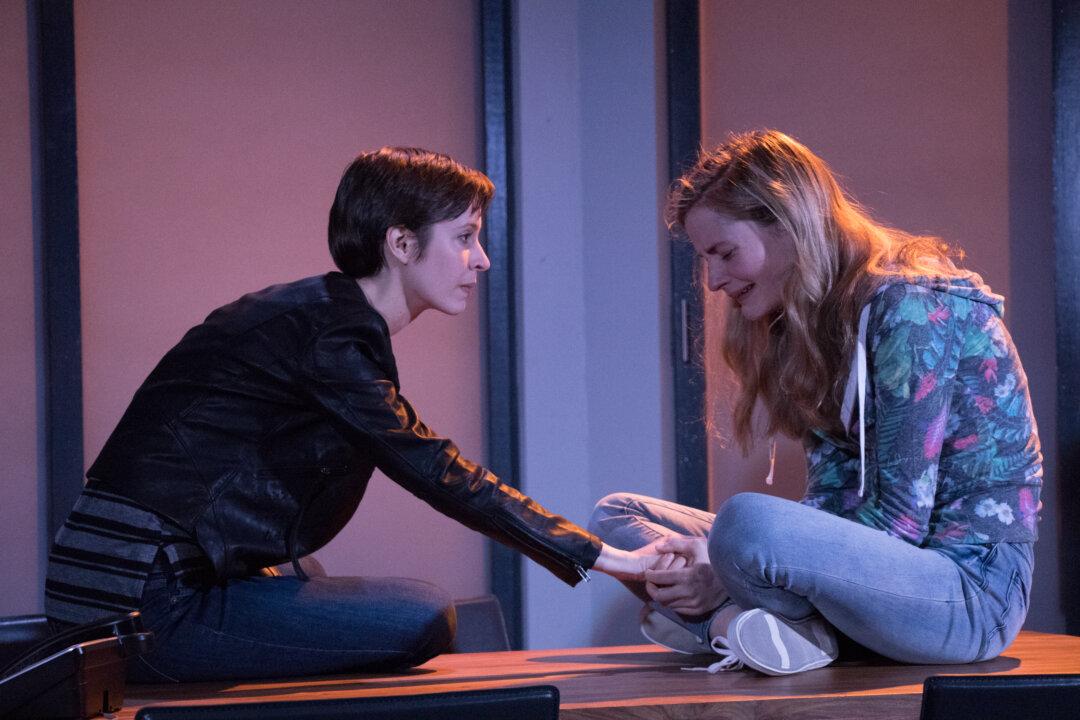NEW YORK—“Stet” is a play about sexual misconduct in colleges and the handling of such reports by journalists; also, the efficacy or failure of investigations by college administrators and police departments to punish perpetrators and supply justice to the victims.
Although, judging by recent news stories, there has been some progress in this area, inasmuch as some violators have received prison sentences, the sentences have been generally viewed as insufficient given the severity of the crime of rape.
Several of my journalist colleagues have made much of the fact that the play by Kim Davies—developed by Davies, actress Jocelyn Kuritsky, and director Tony Speciale—was based on the November 2014 article in Rolling Stone magazine titled “Rape on Campus.” The article was subsequently retracted due to inaccuracies in reporting. The implication being that perhaps “Stet” is likewise inaccurate.





